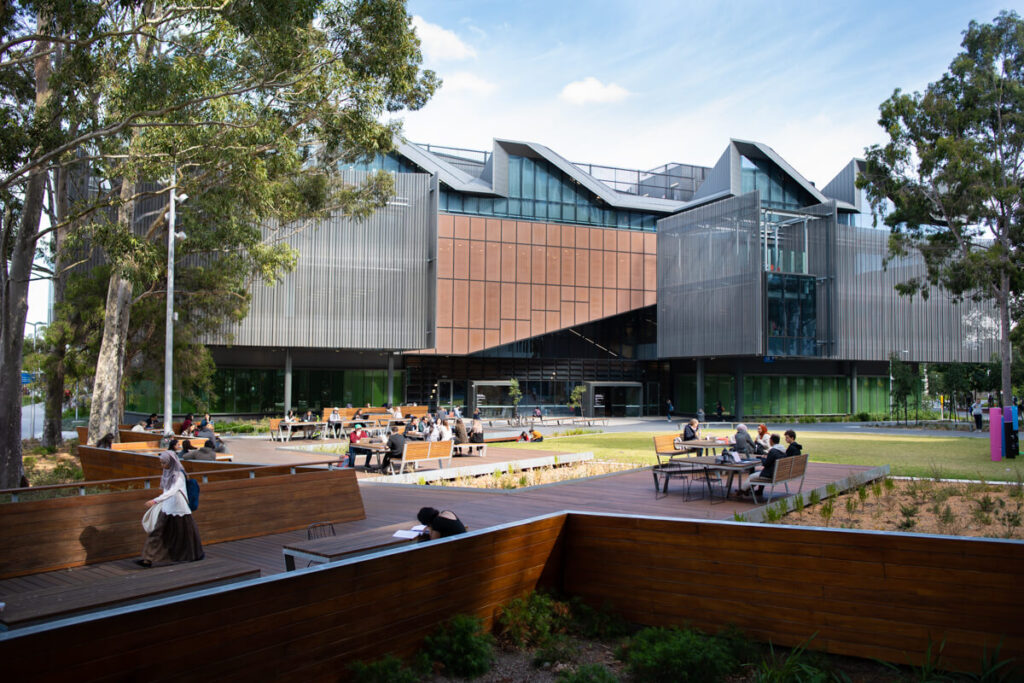February 10th to 14th 2025. Monash University
Event details

MISG 2025 will be the final MISG hosted by Monash University Clayton before passing the torch in 2026. We bring together mathematicians, statisticians, engineers, computer scientists and modellers from across Australia and abroad to spend a week with industry partners providing mathematical solutions on real world problems in a collaborative, hands-on, event.
Registration for academics is free. As it is free and fully catered, we request kindly that you only register if you are actually able to commit to participating for a week. We strongly recommend graduate academics from Professor to PhD student and the private sector to register. The projects will provide an opportunity to academics to gain exposure to mathematical problems faced by modern industry and to be involved in publishing the work where appropriate.
Here is our Eventbrite page to register as a participant. Registration closes January 31st, contact misg@monash.edu if this is a problem.
Event Schedule – Click icon below
Links for transport, accommodation, parking, and maps:

Buying/Set up myki (Melbourne’s public transport card)
Getting to Monash via public transport
Confirmed Projects for 2025

DAFF’s biosecurity responsibilities include border controls and post-border surveillance for early detection of new pests and diseases that enter Australia. These prevention and response activities have interdependent effects and therefore should be considered together to maximise their combined impact. This is illustrated by prevention activities that provide the dual benefits of delaying the harm arising from an incursion and providing additional time to develop innovations to facilitate eradication or containment of an incursion after it occurs.
This project will develop a decision model that will, for the first time in a biosecurity application, jointly consider both the direct benefits of prevention measures in delaying harm and their indirect benefits from allowing more time to develop new preparedness measures. This form of decision problem will be illustrated by a case study on the development of biocontrol agents to reduce the impact of the Asian tiger mosquito. The species is one of the worst threats facing Australia because of its severe nuisance impacts and capacity to spread diseases such as dengue fever. Once it becomes established and widespread, little can be done to mitigate its spread, highlighting the importance of an effective rapid response. A promising rapid response tool is the release of sterile male mosquitos, but this tool requires an extended period of development before it is used in practice, which would undermine its effectiveness. Asian tiger mosquitos are already present in the Torres Strait and PNG, making its eventual establishment in Australia likely, and providing us with a limited time window to develop a biocontrol tool.
Australia faces many threats that could be mitigated with the development of new control tools, but evaluation tools are lacking for informing prioritisation of preparedness investments. By developing such a tool, this project will provide important insights on whether Australia’s current biosecurity research focus should shift towards increased spending on preparedness innovations.

Biarri is Australia’s premier commercial mathematics company delivering software solutions to complex planning, scheduling and operational problems. Biarri will challenge MISG participants to come up with a better solution approach to one of their large-scale discrete optimisation problems. While a vanilla MILP formulation with a solver such as Gurobi or CPLEX are already quite powerful, the aim in this project is to push the envelope of what can be done using alternative models or approaches. This could involve novel integer programming approaches, constraint programming or heuristics. For more information on Biarri and the range of industries that they work in, see https://biarri.com/case-studies/

Thermo Fisher Scientific is a multinational company that supplies scientific research equipment, analytical technologies, and services. They work in many industries, including healthcare, life sciences, and pharmaceuticals. At MISG, TFS will be challenging participants with mathematical challenges in image analysis and applications to microscopy and the mining industry. More information will be added shortly.
Invited speakers – Prof. Hinke Osinga and Prof. Bernd Krauskopf
Title: Phase resetting and the geometry of isochrons

The University of Auckland’s first female mathematics professor, Hinke Osinga was also the first woman mathematician to be made a Fellow of the Royal Society Te Apārangi, in 2016. Osinga is at the forefront of investigating tipping points, which have applications in neuroscience and earthquake engineering. Prof. Osinga is a leader in the industrial and applied mathematics community in Australia and New Zealand. She was awarded the ANZIAM medal in 2024.
Professor Krauskopf’s research is in dynamical systems theory and its applications, and he has published over 200 academic journal papers. He made fundamental contributions to theory and led impactful research programmes that introduced new techniques to solve real-world problems, including determining the observable dynamics of prototypical laser systems, analysing and improving aircraft ground manoeuvring, and understanding feedback mechanisms in control and climate modelling.

